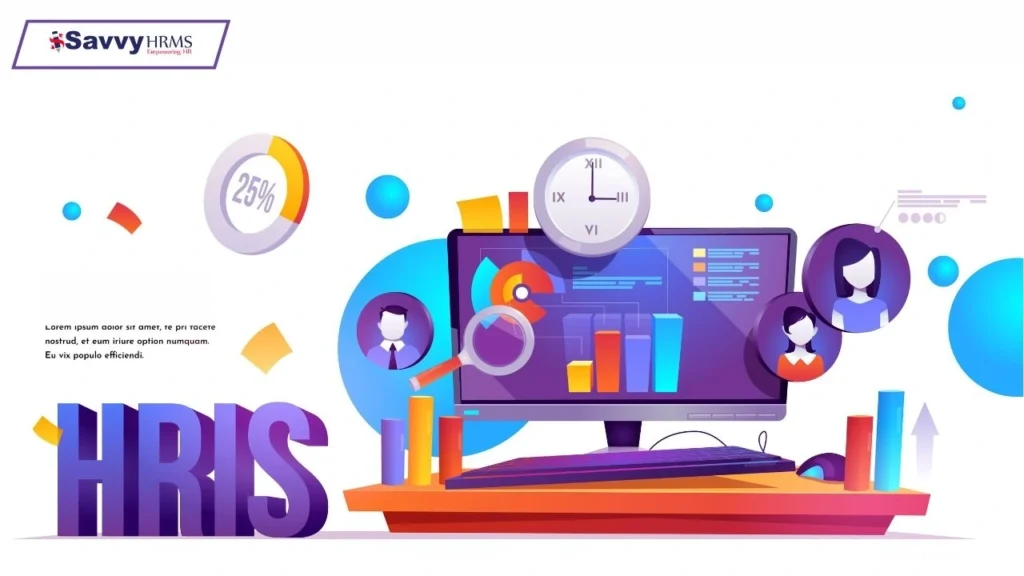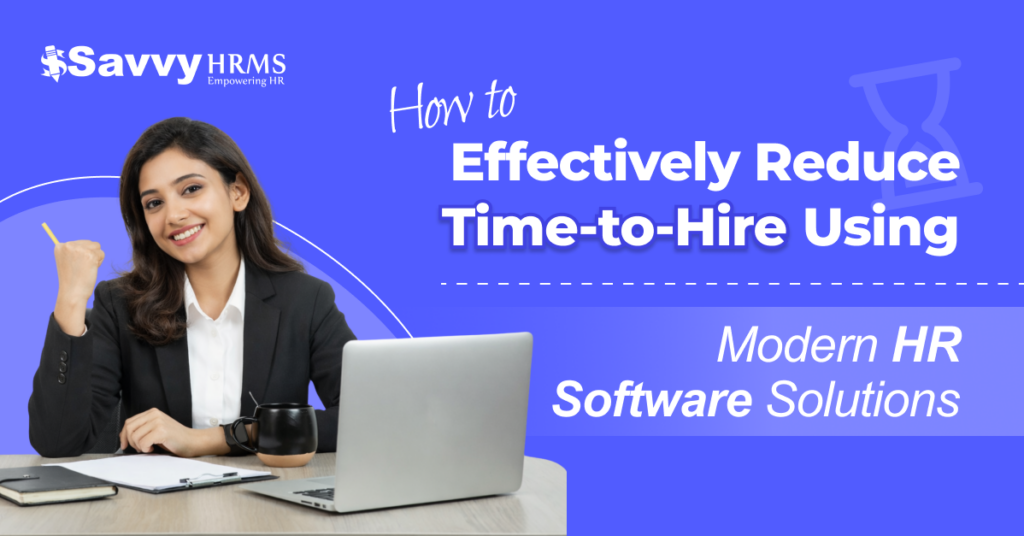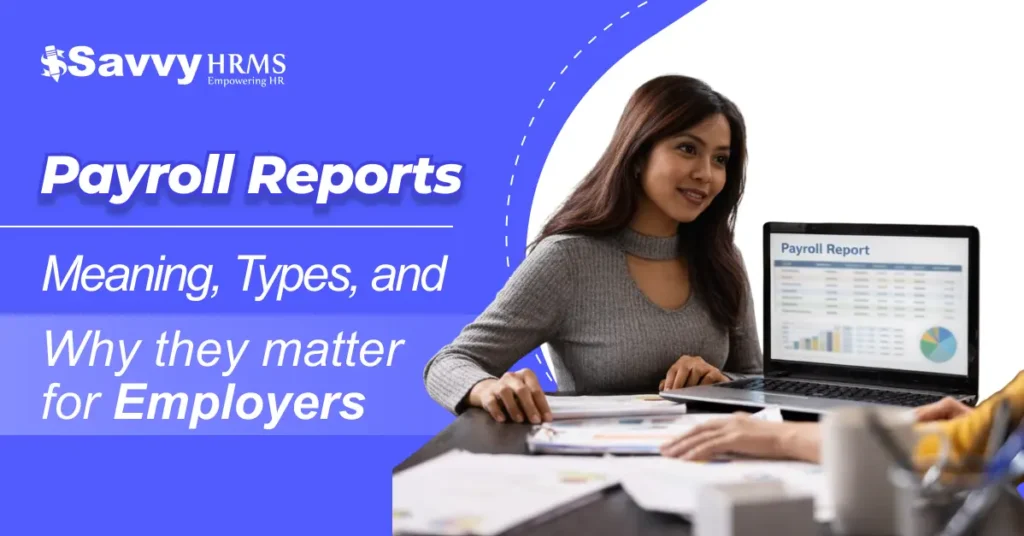Ever thought HR is just about putting out fires & managing interview dates & paperwork? Well, think again!
Today’s human resources, though, are tech-driven & one of the game-changers is the HRIS. Human Resources Information System, which is just about making life a bit easier. For everyone concerned-from the HR managers, right through to the employee himself. Be it tracking salaries or managing leave requests, the HRIS has it all. Let’s see why it’s essential and why it would be foolish not to have one installed.
What Is HRIS?
HRIS, which stands for Human Resource Information System. It is software that keeps the organization’s data on employees digitally. This enables companies to manage everything from recruitment to retirement. In an integrated system, rather than paper files or spreadsheets. Htrack all information.
HRIS is a digital brain for HR teams.
Key Features of HRIS
A good HRIS includes a number of applications that simplify HR tasks, including:
Employee Self-Service Portals
Payroll and compensation management
Leave and attendance tracking
Benefits administration
Performance Management Systems
In addition, it saves time, minimizes human error.
Importance of HRIS
Next comes the part where we talk about what makes it necessary for companies. One, it saves time through HR activities. Second, it increases the accuracy of employee data. Third, it gives real-time information to the HR manager so that he can make better decisions.
Moreover, HRIS supports Talent Management by helping in tracking skills. Promotions and training history.
Types of HRIS
Operational.
This system contains employee basic data and work history.
Tactical.
It looks after daily activities like interviews, appraisals, and promotions.
Strategic.
It assists the long-term workforce and analytics.
Appropriately chosen, this system will mean better performance from HR.
How It Increases Employee Engagement
Apart from data administration, HRIS also largely contributes to enhancing employee engagement.
It allows employees to:
Modify personal data
Check on pay slips
Cancel leaves with ease
Leave a feedback query on Employee Self-Service Portals
Common Challenges with HRIS
Well, this should add more advantages than these. Some problems are:
1) Transfer of old data into a new HRIS gives a cry for help.
2) Protecting the data against cyberattacks is very important.
However, with planning, a few of these problems can be minimized.
Future.
New-age platforms are integrating Artificial Intelligence (AI) and automation tools. In the near future, we will expect this software to help with predictive analytics. Like predicting employee turnover or training needs. Thereby providing intelligent and strategic HR.
Moreover, mobile-friendly software is on the rise. Enabling employees to carry out HR functions anytime and anywhere.
Conclusion
To sum up, any growing organisation should understand? HRIS serves as a medium of convenience for the HR processes to store data. Manage, engage, and make quicker decisions.
FAQs
Q1. What is in a simple manner?
This software stores and manages employee data digitally, enabling easy HR operations.
Q2. Can it also be put to use by small companies?
Definitely! Many applications are set up especially for start-ups and small enterprises.
Q3. Are HRIS and HRMS one and the same thing?
No. HRMS, in contrast, considers payroll and entire HR management as additional functions. While this acts only as a repository for storing employee data.
Q4. What is the price?
That depends on what actual service you want, every company has different software with different features and different prices.




